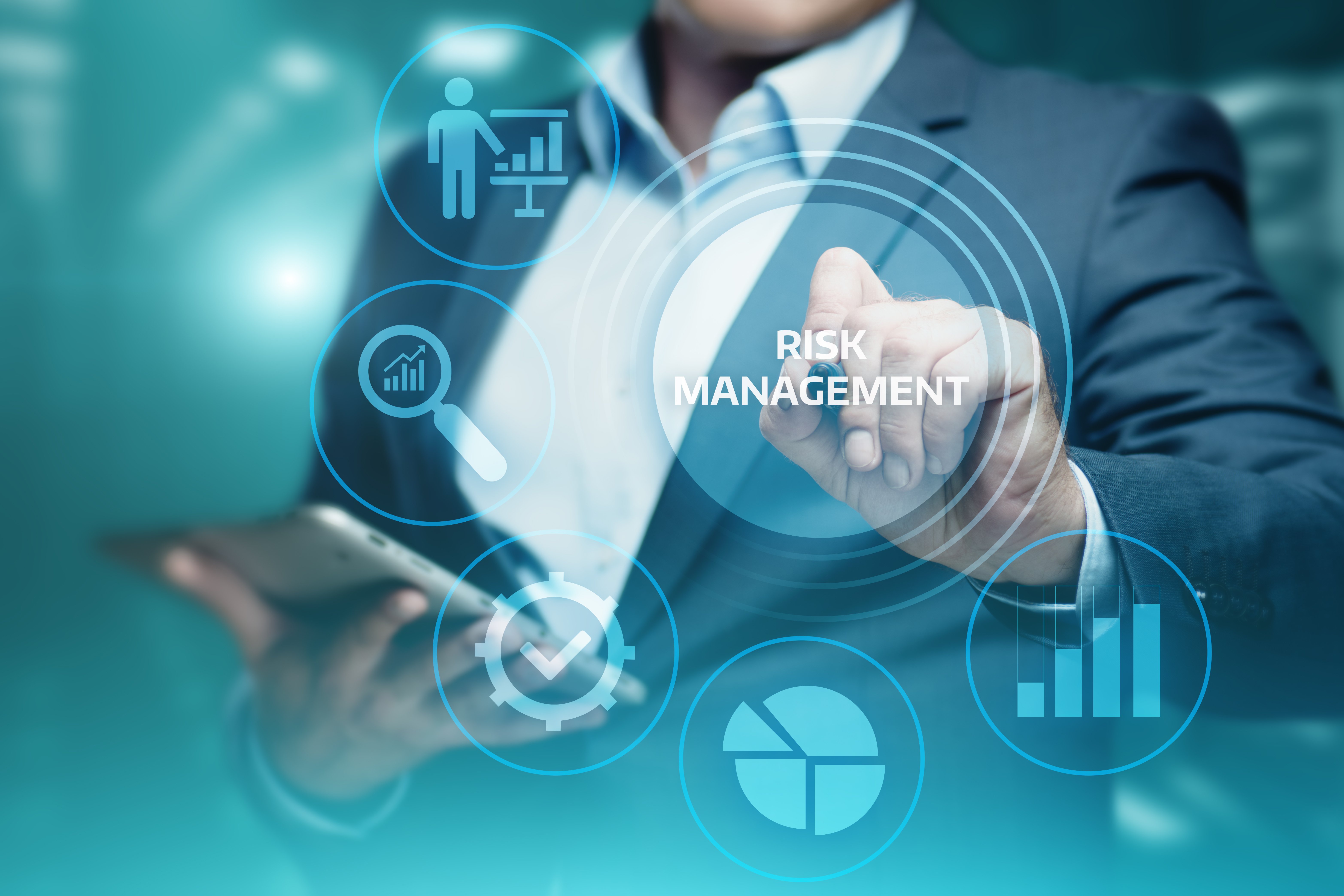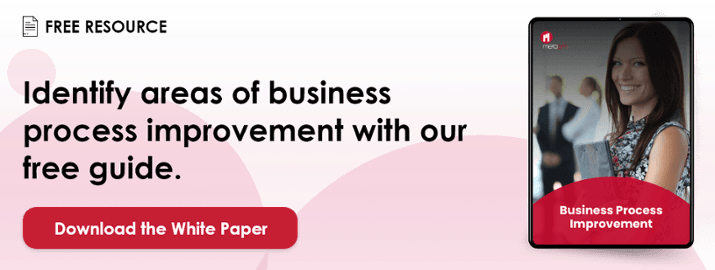Risk Management Roles: Who Takes Care of Project Risk?
Top Project Management Skills: Building the Future of PM
MetaPM Team
Effectively managing project risks is paramount to ensure no crucial details slip through the cracks, potentially leading to costly issues.
Expecting project managers to handle this task alongside their existing responsibilities can be overwhelming.
So having a dedicated expert in risk management is not just beneficial - it's imperative. These professionals anticipate potential risks, turning challenges into opportunities.
For sizable projects, assembling a team of risk management experts is essential. Beyond this core team, numerous stakeholders play pivotal roles in risk and opportunity management.
To unravel the intricacies of risk management, let's delve into seven key roles that form the backbone of an effective Risk Management Team.
1. Risk Managers: Navigating Risks & Opportunities

At the heart of effective risk management lies the pivotal role of the Risk Manager.
This professional provides a comprehensive overview of the project's risks and opportunities, presenting a meticulous plan for mitigation or exploitation.
Acting as the linchpin in decision-making, the Risk Manager ensures adherence to the Risk and Opportunity Management Process (ROMP), continuously identifying and updating potential risks and opportunities.
Key Activities of a Risk Manager:
- Defining and Updating ROMP: The Risk Manager plays a central role in creating and revising the Risk and Opportunity Management Plan (ROMP), a foundational document guiding risk management activities.
- Assessing Project Costs: By evaluating the costs associated with identified risks, opportunities, and corresponding actions, the Risk Manager contributes to defining and managing the project's financial aspects.
- Facilitating Identification & Treatment Plans: The Risk Manager actively leads the process of identifying risks and opportunities, working collaboratively to develop and implement effective treatment plans.
- Supporting Risk Owners: Collaborating with risk owners, the Risk Manager assists in characterising risks and associated costs, ensuring a comprehensive understanding of potential impacts.
- Reporting & Communication: The Risk Manager creates indicators, updates project stakeholders, and communicates effectively to ensure everyone is informed about the current risk and opportunity landscape.
- Coordinating Stakeholders: Serving as a central point of coordination, the Risk Manager ensures seamless collaboration among different project stakeholders, fostering a collective effort in risk management.
- Providing Key Inputs to Decision-Makers: The Risk Manager contributes essential insights to key decision-makers, including directors and, if applicable, the Risk and Audit Committee, shaping the organisation's overall risk exposure.
The multifaceted contributions of a Risk Manager underscore their strategic importance in steering the project towards success.
2. Risk Owners: Guiding Risks from Identification to Resolution
As a crucial component of the risk management process, the Risk Owner assumes responsibility for each identified risk.
Collaborating closely with the Risk Manager, they possess intricate technical knowledge, often playing a pivotal role in the risk identification process.
Their duties include characterising risks by pinpointing causes and consequences and ensuring a comprehensive understanding.
Beyond characterisation, Risk Owners define strategic approaches and treatment plans, coordinating with the owners of corresponding actions.
While working in tandem with the Risk Manager, they take charge of meeting deadlines defined in mitigation or exploitation plans.
It's important to note that although responsible for the risk's oversight, Risk Owners might not necessarily be the individuals directly executing actions; that role falls to the designated risk actionee, as outlined in the Risk Management Plan.
3. Project Managers: Orchestrating Risk Management Excellence

Collaborating seamlessly with the Risk Manager, the Project Manager assumes a pivotal role in steering the risk management process.
They establish expectations and validate proposals from the Risk Manager, ensuring a clear understanding of the project's process and status.
Possessing a global vision of risks and opportunities, the Project Manager strategically positions themselves on critical risk response strategies proposed by Risk Owners.
For projects within a program or portfolio, the Project Manager takes charge of escalating critical risks to the appropriate level. Their responsibilities extend to validating costs associated with identified risks, a task that varies based on the project's scale.
Whether holding full or partial responsibility, the Project Manager's overarching goal is to ensure that risk management aligns seamlessly with the project's objectives and overall success.
4. Sponsors: Steering Projects with Strategic Risk Oversight
In project dynamics, the Sponsor, often with the support of the Project Manager, assumes a critical role in flagging potential issues from the project's inception through the creation of its charter.
This initial exercise sets the stage for the Risk Manager to collaboratively identify risks with project stakeholders.
The Sponsor's involvement extends to defining a comprehensive budget for risks based on initial information from the Risk Manager.
Throughout the project's lifecycle, the Sponsor plays a pivotal role in validating this budget, which encompasses the costs of identified risks and associated actions.
Their strategic decisions to release funds for confirmed risks contribute significantly to the project's resilience and successful risk management.
The collaboration between the Sponsor and the Risk Manager forms a dynamic partnership essential for steering projects through uncertainties with foresight and strategic acumen.
5. Risk Center of Competence: Architecting Excellence in Risk Management

At the core of an organisation's risk management strategy, the Risk Center of Competence is pivotal in defining and enhancing methods, procedures, and essential resources.
Their mandate extends to providing training, guidance, and capability resources for projects, ensuring a seamless integration of risk management practices. This team is a valuable source of documentation, guidance, audits, and advice throughout the company.
Acting as both a trainer and guide, the Risk Center of Competence facilitates the dissemination of best practices and skills necessary for effective risk management.
When methodology concerns arise, the Risk Manager can turn to this enterprise risk management team for robust support, solidifying the foundation of the company's risk management endeavours.
6. Enterprise Risk Management Teams: Orchestrating Holistic Risk Oversight
In the realm of large corporations, the Enterprise Risk Management Team takes centre stage, overseeing risk management at the organisational level.
Much like the Risk Manager, this team offers a comprehensive overview of the organisation's risks and opportunities, ensuring strict adherence to the risk management process.
A crucial aspect of their responsibility involves the upward flow of project risks to the portfolio level, enabling effective management of enterprise risk.
Essential for large companies, this team plays a pivotal role in maintaining a consistent and effective risk management process across the entire organisation.
Their strategic oversight ensures that risks are addressed comprehensively, aligning with the organisation's overarching goals and contributing to a culture of proactive risk management excellence.
7. Project Teams: Synergising Efforts for Robust Risk Management

The collaborative effort of the Project Team is pivotal in fortifying a project against potential risks.
The Risk Manager, an integral part of this team, ensures seamless communication with other key roles, including the PMO, Scheduler, and Cost Controller.
Together, they form a dynamic ensemble that actively engages in risk management processes.
- PMO (Project Management Office): The PMO, with its overarching vision, actively participates in various project aspects, remaining vigilant to potential risks even before formal identification. Serving as a liaison for the Risk Managers, the PMO plays a crucial role in facilitating communication and can mobilise their team when needed.
- Scheduler: Responsible for project scheduling, the Scheduler employs methodologies like the V-cycle to identify risks. Critical path analysis, evaluation of margins, and resource assessment become valuable tools in uncovering potential risks, ensuring a proactive approach to risk management.
- Cost Controller: The Cost Controller takes charge of defining and tracking project costs. In collaboration with the Risk Manager, they review financial planning, incorporating budget contingencies for risks and assessing the costs associated with risk mitigation plans. Their insights contribute significantly to financial risk management within the project.
Through coordinated efforts, the Project Team, led by the Risk Manager, maintains a vigilant eye on the project's schedule, budget, and overall success, embodying a proactive approach to risk management that is essential for navigating the complexities of project execution.
Elevate Your Risk Management with MetaPM
In the intricate dance of project management, risk management emerges as the guiding force that ensures organisations not only navigate uncertainties but thrive amidst them.
Whether you're a solo risk expert or leading a team of risk managers, your role is pivotal in fortifying your organisation against challenges and seizing potential opportunities.
In this article, we've delved into the core of risk management—what it entails, how to seamlessly integrate it into your organisational fabric, and the key players responsible for steering the ship through turbulent waters.
Now, armed with these insights, it's time to translate theory into practice for your organisation's benefit.
Feeling uncertain about where to start? Don't hesitate to reach out to us. At MetaPM, we boast a cadre of risk management experts ready to guide you through the nuances, whether you're seeking consulting, resourcing, or training solutions.
To elevate your risk management processes with MetaPM, contact us today.
Weekly Newsletter
Subscribe to our newsletter today to keep up to date on what’s happening.


